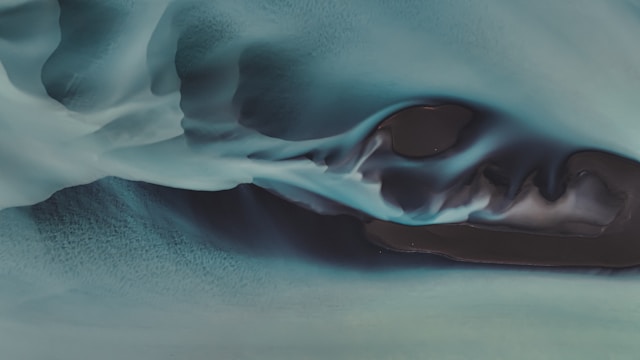“Specialist” lifeforms that live under Arctic sea ice are at risk as the ice retreats, new research shows. Scientists studied microscopic organisms in four environments—open ocean, river mouths, coasts and under sea ice—in the Beaufort Sea off northern Canada.
The under-ice mix of species was the least diverse—instead being made up of specialist plankton and microbes adapted to these harsh conditions.
The Arctic is warming at least twice as fast as the rest of the planet, causing sea ice to melt and raising the risk of an ice-free Arctic summer. The international research team was led by the University of Exeter and included Laval and Concordia universities.
The paper, published in the journal Scientific Reports, is entitled “Vulnerability of Arctic Ocean microbial eukaryotes to sea ice loss.”
“Every drop of the ocean is alive with tiny organisms,” said Vicky Jackson, from Exeter’s Living Systems Institute. “These form complex communities that are the basis of all marine food webs—directly or indirectly feeding all ocean animals.
“The communities we found under the ice were made up of rare, specialist species. With the ice melting rapidly, such communities might be replaced by the more generalist ones we found elsewhere.”
Dr. Adam Monier added, “These under-ice species are adapted to their environment—for example, receiving low levels of ultraviolet light. Species can adapt, but change in the Arctic is happening on a timescale that makes this difficult or impossible.
“Instead, they may rapidly find themselves in an entirely new environment where they are out-completed by more generalist species. It is hard to predict what impacts this could have on wider marine food webs.”
The researchers took samples of seawater and extracted RNA to discover what microbes were active within it.
Journal information: Scientific Reports
Provided by University of Exeter





